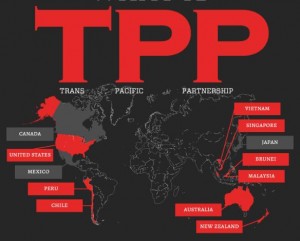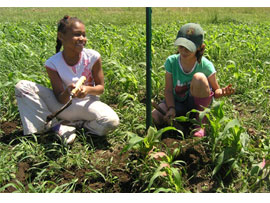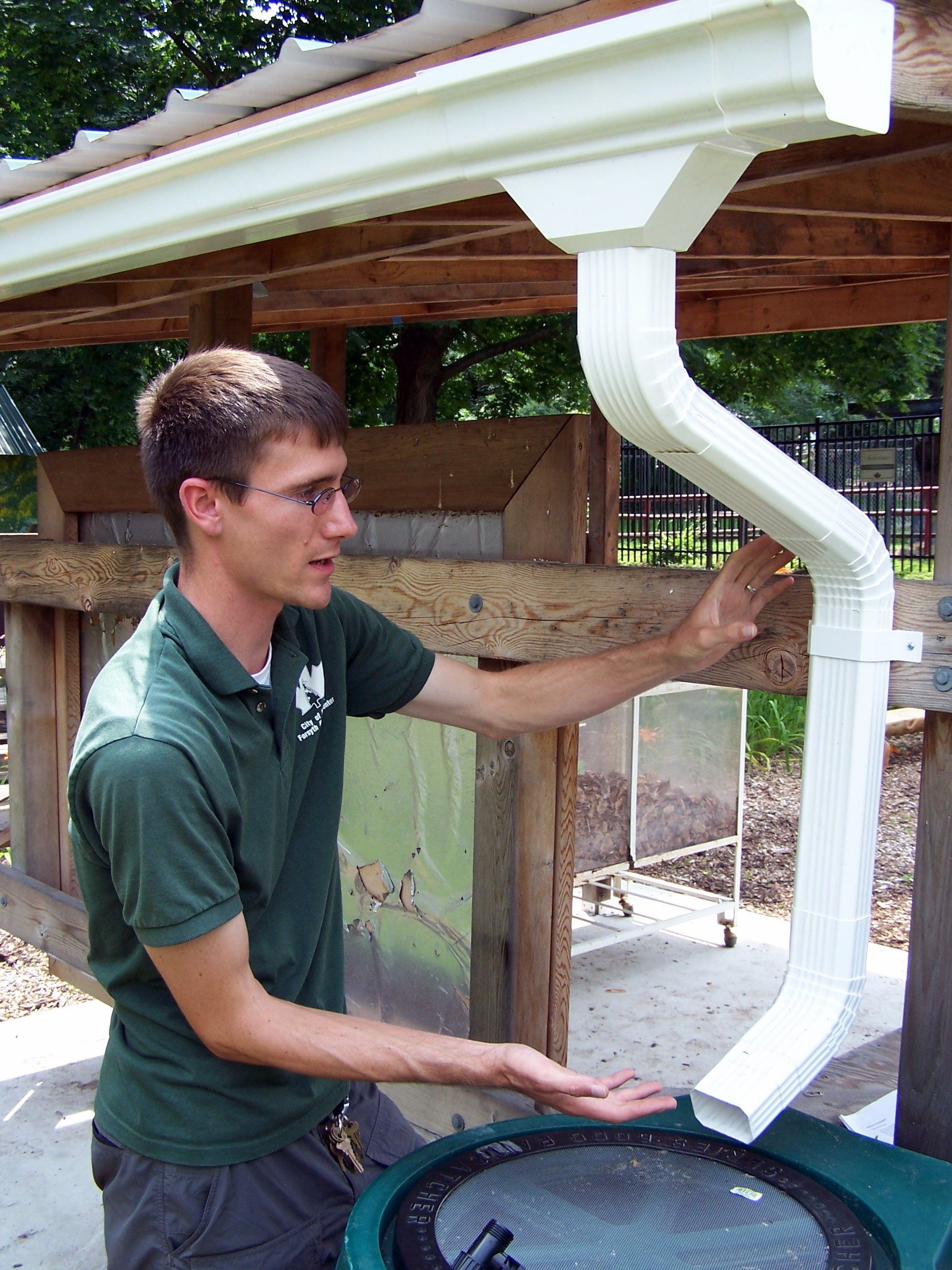By Arthur Zaczkiewicz, MSW
WHAT YOU CAN DO: A version of the trade “fast track” goes to the senate. Contact our senator NOW.
WATCH Robert Reich on the Trans Pacific Partnership.
There’s been a lot of chatter on social media sites, in blogs and – more recently – mainstream news sites about “TPP” and “fast tracking.” It has something to do with jobs and it could help or hurt the economy (depending upon who you ask). President Barack Obama is involved, and Democrats and Republicans are gnashing teeth over the darn thing. Ring a bell?
But what exactly is TPP and why should we care?
Without boring you to death, here’s a quick rundown of the Trans-Pacific Partnership (TPP) trade deal:
- TPP involves the U.S. working with 11 other countries (Australia, Brunei Darussalam, Canada, Chile, Japan, Malaysia, Mexico, New Zealand, Peru, Singapore, and Vietnam) to reduce trade barriers.
- The U.S. Trade Representative states that the “TPP is the cornerstone of the Obama Administration’s economic policy in the Asia Pacific. The large and growing markets of the Asia-Pacific already are key destinations for U.S. manufactured goods, agricultural products, and services suppliers, and the TPP will further deepen this trade and investment.”
- And further, the USTR says as a group, “the TPP countries are the largest goods and services export market of the United States. U.S. goods exports to TPP countries totaled $698 billion in 2013, representing 44 percent of total U.S. goods exports. U.S. exports of agricultural products to TPP countries totaled $58.8 billion in 2013, 85 percent of total U.S. agricultural exports.”
- President Obama has worked on TPP for the past six years – but mostly in private with about 600 business leaders and policymakers.
- Recently, steps to make TPP a reality have been taken up in Congress, and lawmakers have struggled with a variety of proceedual aspects, including the so-called “fast track” policy that gives the President the power to negotiate trade deals (including TPP) on his own authority.
At first glance, TPP sounds like a great idea. It will bring down trade barriers that make it hard for U.S. to export goods to other countries. U.S. companies that would benefit from this include large manufacturers, multinational chemical companies, meat and processed food producers, drug makers and retailers.
Retailers in particular are interested in seeing this pass because TPP would lower the costs of goods they sell, which would boost their profits. And that’s good because two-thirds of our economy is fueled by spending on retail goods and services. And the retail industry is the largest private-sector employer in the U.S. with 42 million Americans working at retail, and in related services.
One key reason retailers are supporting TPP is that consumer spending and behavior is shifting. When the so-called “Great Recession” struck, consumers were essentially traumatized into earning less and spending less. Overtime, as economic conditions improved, shoppers remained cautious. And the consistent, year-over-year sales gains that retailers experienced was suddenly in flux. Consumers are more wary of where and how much they spend, and they are increasingly spending their money on “experiences” instead of on “things.”
And we see the ramifications of this locally. At the local mall, J.C. Penney shuttered its doors (and 75 jobs) due to a softer retail sales market. And Office Depot closed as its competitor, Staples, acquired it and closed stores.
So, who again would want to jeopardize this shaky industry – one that employs so many people? Well, taking down trade barriers is a two-way street. As noted above, the trade deal would help many businesses. But it would also harm many others as well. Such as smaller manufacturers and farmers, which is why Congressman Chris Gibson is cautious on TPP. In a letter to constituents last week, he wrote:
“Last week, I finally had the opportunity to read the TPP. I am opposed to this agreement as it is written currently. I have many concerns surrounding agriculture, small business, workers, the environment, our personal privacy, and national sovereignty. Specifically, I believe the TPP could do the kind of harm to agriculture that NAFTA did to manufacturing in our country, undermining the ability of our farmers to compete with our global competitors. I am confident that if we got a fair trade agreement that put our farmers, small business owners, and workers on a level playing field with our global competitors, we would do very well. The proposed TPP draft would not achieve that goal.”
One example of who would be harmed is local dairy farmers and milk producers, like Boices Dairy. If TPP was passed, the market could be flooded with cheap milk from overseas and our local producers would not be able to compete. Apple farmers would also be threatened. Ulster County is the largest apple producer in the state, which is the second largest supplier in the U.S.
On the manufacturing side, TPP presents more problems than it solves. Last month, Kevin L. Kearns, president of the U.S. Business & Industry Council, said in a letter to council members that since 2000, “the U.S. has lost more than five million manufacturing jobs and 57,000 manufacturing establishments. This lost manufacturing has come at a real cost for America’s middle class. What should be paramount on the minds of our elected officials is how to rebuild this lost industrial capacity. The TPP is emphatically not the answer. Instead, it’s simply the latest in a long line of trade deals (like NAFTA, China, CAFTA, South Korea, etc.) that have opened the door to predatory trade with countries that have only their own interests at heart.”
Kearns is angry, and rightfully so. Economists repeatedly urge for policy that encourages bolstering manufacturing and related infrastructure. Why? Because these types of jobs pay the best and without it, the middle class can’t exist, and our economy would tank, which is what is slowly happening, according to economists from the Pew Research Center who say the middle class is evaporating.
Ok…so aside from harming dairy and apple farmers, how else is TPP a questionable policy? Well, according to drafts of the TPP released by Wikileaks and media outlets such as The New York Times, there’s a policy in TPP that would allow multinational companies to overturn local laws that impede their path to profitability via appealing to an international tribunal. But what would that look like? And why would that be bad?
Consider this possible scenario:
A major drug maker such as Pfizer – under the TPP policy – could say that certain laws in the U.S. (or any of the member countries) are limiting its ability to make profits. This could be laws that prevent the drug maker from releasing products without testing its safety on humans first. Pfizer could appeal to the tribunal and overturn these laws.
Or it could be a food company that says certain laws that prevent food additives thwarts its sales and profitability, and could appeal to the international tribunal to overturn these laws.
Another example would be Monsanto saying that local laws that ban pesticide use is reducing its sales and profits. It too could appeal to the international tribunal and have those laws overturned.
And the examples go on and on, which is why many environmental groups are against TPP. And they are joined by some strange bedfellows: Tea Party activists who see this as a threat to U.S. sovereignty. The biggest threat, though, is to environmental and consumer protection laws.
Last year the Sierra Club inked a position letter on the chapter in the TPP that allows for the tribunal review. Read it HERE
The Sierra Club said in a separate statement “a joint analysis by Sierra Club, Natural Resources Defense Council (NRDC) and World Wildlife Fund (WWF) reveals that the current TPP environment chapter…could lead to increased stress on natural resources and species including trees, fish, and wildlife.”
Here’s another example of how this could be harmful. Consider this scenario – one that strikes close to the hearts of Kingstonians:
Let’s say Niagara Bottling (or another company like Nestle) decided to reconsider its business strategy. So they decide to go ahead and build a distribution center for their fleet of vehicles that serve the Northeast at Tech City. There will be no bottling at the plant – at least initially.
And then one day they decide to start drawing water, filtering it and then bottling it to augment their product supply. It could just be drawn from the current supply at Tech City and it could be a very small amount, say 40,000 gallons a day.
After a year, they could document that local laws in Kingston that regulate corporate or commercial use of large quantities of water via the Town of Ulster or directly with the Kingston Water Department is impeding their path to better profits – noting that their strategic plan is to expand water bottling in the Northeast region.
In that scenario, they too – under TPP – would be allowed to have an international tribunal review and overturn any local Kingston City law that thwarts their path to profits.
Earlier today, the U.S. House of Representatives passed one of the steps that would allow TPP to happen.
The National Retail Federation, which represents the retail industry, immediately sent out a press release applauding the move. As mentioned above, retailers have a lot riding on passage of TPP; remember that their profits and long-term outlook depends upon it.
“Today’s vote on trade promotion authority will grant Congress new powers and responsibilities to craft and monitor our 21st century trade policy, and aid our trade representatives as they work to negotiate pending and future trade agreements, including the Trans-Pacific Partnership and Transatlantic Trade and Investment Partnership,” the NRF statement said.
Up next is a senate version of the bill. They could include language that allows for Congress to give input on the component policies within trade agreements, including TPP. That might help protect consumer and local environmental laws. We’ll have to keep an eye on how things progress in D.C.
WHAT YOU CAN DO: A version of the trade “fast track” goes to the senate. Contact our senator NOW.
WATCH Robert Reich on the Trans Pacific Partnership.
Get informed about TPP by checking out the USTR website HERE
And the Sierra Club SITE
And here is the TPP draft pages from WIKILEAKS
###
Arthur Zaczkiewicz, MSW, is an editor and writer with over 20 years of journalism experience. He is also a social worker and a community educator and organizer, and a Desert Storm combat veteran.








 The National Gardening Association recently released a detailed report that surveyed U.S. households and found a huge jump in the number of people who plan on growing their own food this year.
The National Gardening Association recently released a detailed report that surveyed U.S. households and found a huge jump in the number of people who plan on growing their own food this year.